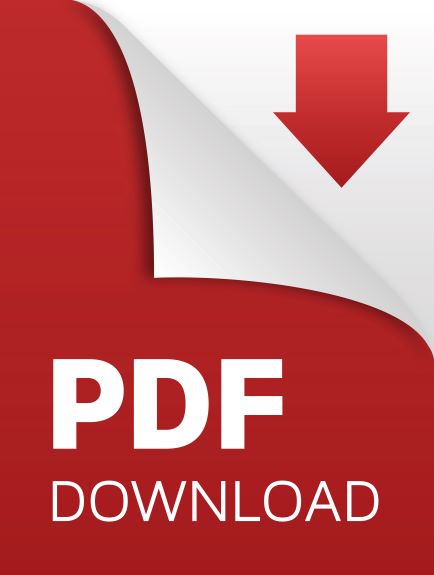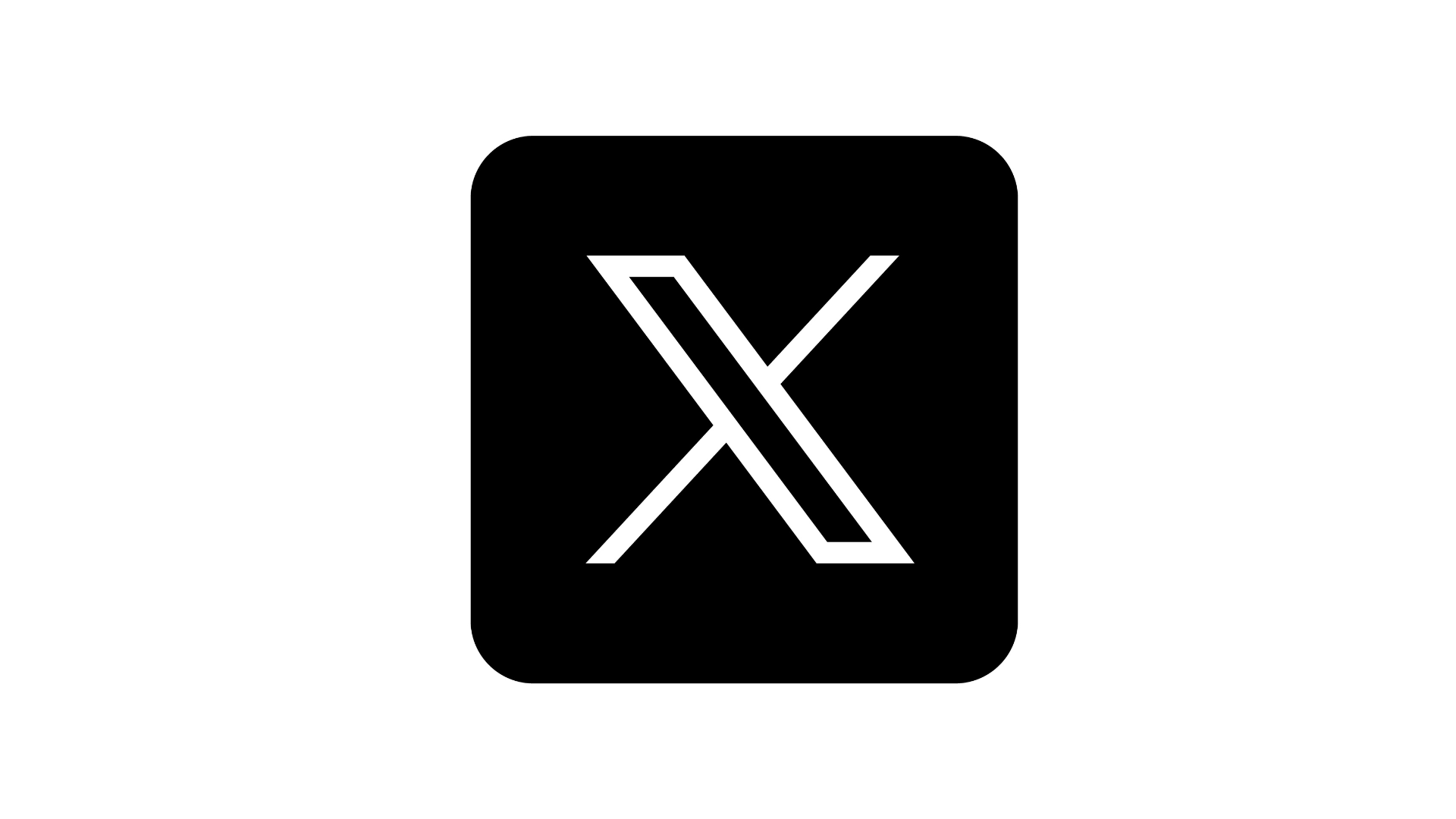The Schema of Insufficient Self-Control
This schema often emerges in systems where there was inconsistent discipline, emotional invalidation, or over-accommodation. If we weren’t supported and taught how to sit with discomfort, whether it was emotional, physical, or relational, we didn’t develop the muscle of self-restraint. We developed ways to relieve the pressure fast, usually through immediate gratification, avoidance, or release.
When the schema is active, parts of us begin to resist structure. They push back against limits. They choose short-term relief over long-term growth. In the system, this might sound like:
“I’ll just do it later.”
“I can’t help it.”
“This is too hard, I need to get away.”
“It doesn’t matter anyway.”
These are not excuses. They’re internal signals. They tell us that a part of our system feels trapped or overwhelmed and doesn’t believe we have the capacity to stay. Without awareness, we follow those parts into patterns that sabotage the very things we say we want, health, recovery, intimacy, even direction.
"Lurking in the background, fuelling everything we do, is the Punitive Critic, who brings shame to the system, reinforcing a deeper sense of failure, which then fuels more impulsivity."
~Steven Morris RP
From a parts-based perspective, the Schema of Insufficient Self-Control is often driven by impulsive, avoidant, and entitled modes. These parts learned to act fast to avoid pain, often before the full weight of emotion could register. They believe discomfort is dangerous or unbearable, and so they do whatever they can to get rid of it.
Some of the most common modes include, the Impulsive Child, who demands immediate relief, stimulation, or release. The Avoidant Protector, who procrastinates, numbs out, or physically avoids emotionally difficult tasks. The Entitled Child, who believes rules don’t apply and that restriction itself feels like a threat. And often, lurking in the background, fuelling everything we do, is the Punitive Critic, who brings shame to the system, reinforcing a deeper sense of failure, which then fuels more impulsivity.
Beneath all of these modes is the Vulnerable Child, the part of us that never learned how to feel discomfort and be okay. This part doesn’t need to be silenced. It needs to be supported. Because recovery isn’t about force, it’s about building emotional endurance.
"When we stop labeling ourselves as “weak” or “undisciplined,” we can begin to see what’s really happening."
~Steven Morris RP
It’s easy to confuse this schema with Entitlement or even Failure. But there are some pretty significant distinctions. The Schema of Entitlement says, “I deserve special treatment and shouldn’t have to follow rules.” The Schema of Failure says, “I can’t succeed, so why should I try?” But the Schema of Insufficient Self-Control says, “I can’t tolerate this moment, so I need to escape from it.” It’s not rooted in superiority or shame. It’s rooted in avoidance.
Understanding this distinction helps us approach the behaviour not with judgment, but with curiosity. When we stop labeling ourselves as “weak” or “undisciplined,” we can begin to see what’s really happening. A part of us doesn’t feel safe in the discomfort of commitment, so it defaults to the quickest exit.
At the bottom of this page, you’ll find a PDF that includes a worksheet designed to help you build awareness around the stories connected to this particular schema. If you can, download it, and take the time to go through it. See if you can highlight what this schema sounds like when it shows up in your system, and start identifying the shifts you can make to change the things you want to change.
Follow us on Social Media




